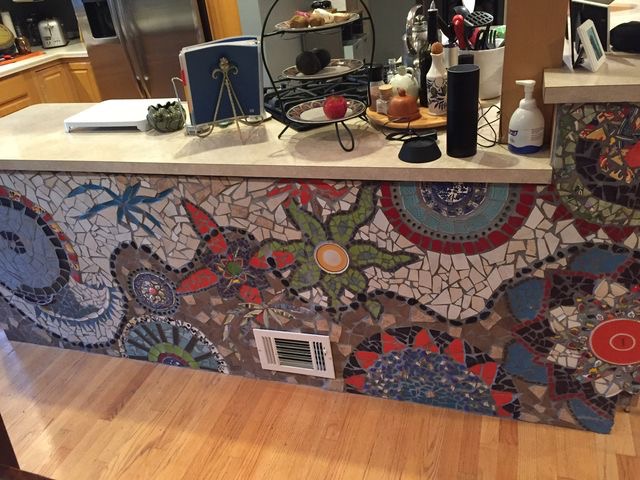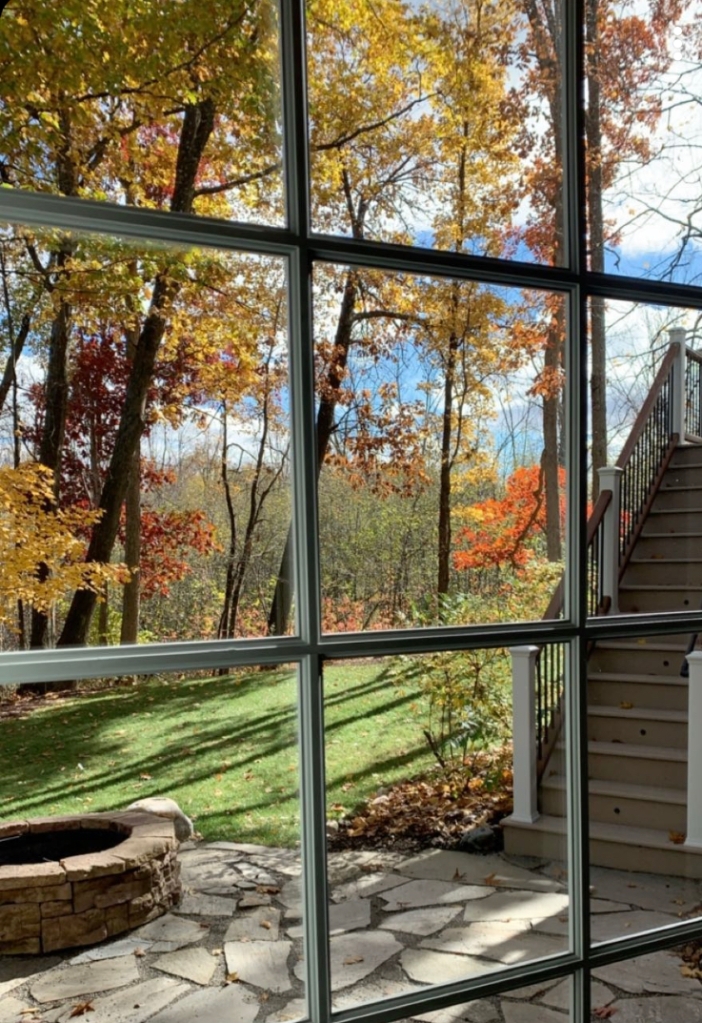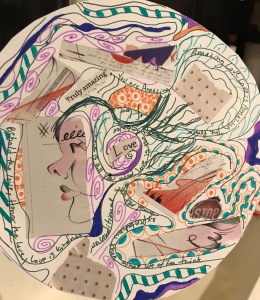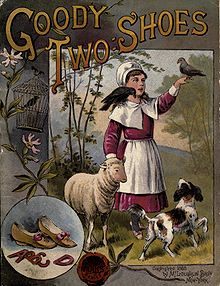I’ve been listening to Alanis Morissette again lately. I watched her recent documentary, which told her story, her rise to being a truly influential female voice in musical artistry. A voice of self-actualization, of recovery and unbridled feminine magic. I loved seeing her, the way she looks today, how her body and hair have changed with some years behind her. Some validation that my own 30+ years in adulthood feels like an achievement, that a body, hair and smile do submit to changes in weight, texture and experience. She wrote some music inspired by motherhood–she may have experienced some more living her life before birthing her babies than what I did. I had quite a bit more shelter.
It is one of the reasons that her song, Unsent is an earworm for me lately. She describes boys or men whose company or attention had impacted her in different ways. “Dear Matthew, I like you a lot…” she begins. I have vivid recall of the few men I spent some time with before turning my loyalty over to one man (boy) at 19 who would be my betrothed. I was attached to a soft, tall cowboy in high school. His kisses were sweet and gentle, aside from the bitter menthol grit of Kodiak chewing tobacco, which I was never assertive enough to complain about. (At list he would flick it out of his mouth before leaning in.) Digusting? Perhaps. I’ve always been so accommodating, it didn’t seem awful at the time, although I can taste the funk-memory of it now and it makes me gag a little.
My choices from there forward were greatly influenced by the enmeshed influence of my mother. My very kind, boundary-less mother, who listened with patience and over-shared much about her own loneliness, with me. She had dated one person before her engagement to Dad, according to my memory of the narrative she shared. They married at 22, and she had always loved this one person. This became my un-self belief system. I would need to fall in love with my soul mate and be married by the time I was 22 years old, or what? “Or what” seemed like a terrifying abyss. There were no other women role models to talk to about this really. Jymn, Trevor, Pat, Gary, Floyd–these would be the few guys who offered kisses and compliments before I relented against the panic of never finding “the one.” Not a good deal of experience with other partners to speak of. Certainly not a good deal of experience really thinking about who I was, what I wanted from this life within the boundaries of what was also important to me.
Having no self defined my choice to make no choices for a long time. I looked to cosmic coincidences to help rationalize and believe in the direction I should take. That each of our families of origin experienced the traumatic death of a sister, seemed to me then, that we were meant to be. My Family Systems training tells me now, that in fact, those shared traumatic experiences also had an impact on our respective abilities to communicate and match up in our reciprocity toward one another. Our emotional fields were similarly fraught with anxious underpinnings. Our families had learned to either externalize or internalize our emotional experiences, such that over and under-functioning reciprocity within a strict peace/agree approach became a very comfortable way of relating to one other. This would be a marriage of no self, but an enmeshed one-self. We became one being, being one with each other, and one of us forged most of the choices for us. We have managed to accomplish a lot as one BethTory/ToryBeth. Our children have launched, they have each found success in their independence. They may have some effort ahead of them in unmerging their selves with ours, but I think they are each headed toward more actualizing–they each seek out help and look inside deeply toward what seems like a more differentiated compass.
I would like to tell you how much more of a self I have accomplished internally today at age 54. I have made some moves to that end during the last 20 years especially, but I continually struggle to make choices that are strictly for self–if the comfort of someone else is the least bit impacted, I have little tolerance for the way my stomach cringes in response. I’ve marginally approved my ability to assert what I think, even if most of the time it is after-the-fact and following a good deal of roiling and churning. I continue to struggle with identification of my needs and wants. Eating is the default answer to my uncertainty–seems easy enough, right? Can’t figure out this discomfort? Go grab a ding dong. Sadness? Is it 5:00 yet? Great, a glass of wine will do the trick. Anger? Ooh, let me at the bourbon and I’ll be just fine and then blank out for another week or two. This is all much easier than managing the dysphoria of true contemplation.
I find myself in a 2nd new home in three years and a move and change is upon our partnership again. Ambition is again at the helm of our circumstances. I’ve made it my mission to find joy and calm during these last few years of tumult. We have been companions of a comfortable space for one another, but joy has been independent of that comfort. I have understood some awareness that I could choose joy for myself without feeling uncomfortable or at the expense of my other. I’m wondering lately about how my one self wants to live life going forward as an adult self.
I do know that I deserve a life where I can call some shots. I was asked to go visit the Upper Penninsula, and experience for myself whether a move there felt good for me. I did so and admitted to having an ethereal and gratifying experience there, the place where my Paternal grandfather was born. I could live there, I believe. I would enjoy getting to know a few people there, making my own relationships. What feels really uncomfortable is signing up for another move to a place where I become a little rooted, only to have another’s ambition un-root us again. What feels more uncomfortable is admitting that I want to have my own space, perhaps in the city where I still work. So Risky. So. Very. Uncomfortable.
I want freedom to make mistakes and face the consequences, without cautiously checking in with another person who says, “absolutely not,” rather than engaging a dialogue. Where my solitude is a sense of knowing self and where knowing self is an experience of pink, ethereal affection and caring for that person inside, from infancy forward. Where accountability is to my own self as well as others and that is enough of a reason to share who I am with the universe. Where this life known to me is deemed precious and valuable rather than dispensable, dismissed or injured. Goodness is inside flourishing, energizing, flowing, multiplying. Kindness embraces not only others, but all of my own parts, even the clumsy, fragile and prickly ones. I’m not sure why it seems impossible to achieve that within my current relationship, but excavating self from the no-self pattern is a vulnerable, painful process that promises to impose pain on my other.
I do deserve to be with someone who shares mutual enjoyment and appreciation, wherever we are, including with other people. A relationship where I understand that affection for me is not only possible, but that I am worthy of it. That affection for others can be shared and appreciated. Where there are one or two shared interests. I deserve companionship free of mockery and disdain, but instead honest exchange and mutual admiration. To coin one of my favorite tingly Roy Kent lines, “I deserve to feel like I’ve been struck by fucking lightning.” I’m not sure that has ever been my experience. Only compromise and not choosing because someone else’s choice was important, always believed by me more important than my own.
So my journey must come back to me. Loving myself. Being the me I have always been, but kept safe and small beneath a fragile veneer. I have been so careful, just dipping a toe feels dangerous. Writing this all down is a risky toe dip, but seems consistent with my interest in some accountability, bringing the cloudy mind out it’s shell of protection.








 I heard this song for the first time about 15 years ago and the lyrics registered immediately–I felt so heard, so understood and knew I wasn’t the only person to feel like I did. How could someone with so many talents, with so much going for her and with so many privileges feel so empty? There was no answer in the song, but validation, oh yes.
I heard this song for the first time about 15 years ago and the lyrics registered immediately–I felt so heard, so understood and knew I wasn’t the only person to feel like I did. How could someone with so many talents, with so much going for her and with so many privileges feel so empty? There was no answer in the song, but validation, oh yes.
